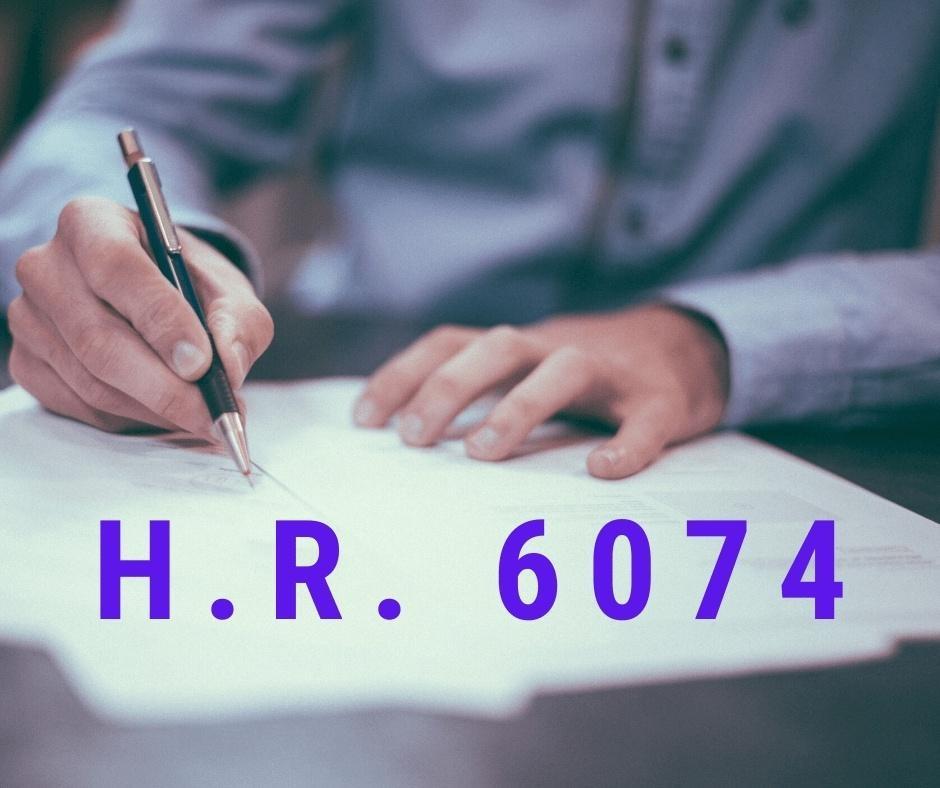H.R. 6074 (“Coronavirus Preparedness and Response Supplemental Appropriations Act, 2020”) is an $8.3 billion COVID-19 funding package that was signed into law on March 6, 2020, to address issues that arise during the coronavirus public health emergency. H.R.6074 includes a provision to temporarily lift restrictions and implement the wider use of telehealth services by Medicare beneficiaries.
These new policies for telehealth Medicare beneficiaries will take effect after the waiver is implemented by the Health and Human Services (HHS) Secretary, Alex Azar:
- The patient is no longer required to live in a rural community to receive services
- Expansion of telehealth Medicare services to include:
- Care by a qualified professional who has an established same-location relationship with a patient, or by one who works in the same practice as a professional who has a previous same location relationship
- Allowing patients to stay in their homes and receive telehealth services, in lieu of patient having to drive to an approved medical facility
- Patients can engage in video or two-way phone (such as a smartphone which includes both video and audio) for real-time interactive communications with providers
By temporarily expanding Medicare telehealth services, these patients who are elderly (and more vulnerable to the COVID-19 virus) will be able to experience continuity of care with their known providers as well as avoid public spaces and the potential spread of the virus. Commercial insurance companies are encouraging patients to use telehealth, waiving co-pays, and expanding reimbursements to providers in response to the emergency. Each state must also consider its own legislation regarding telehealth during the public health coronavirus emergency.
HIPAA laws are fully applicable to telehealth services. Medicare participants using telehealth services (smartphones in particular) in this time of emergency may not have adequate technology, programs, or applications in place to adhere to established HIPPA laws. As an urgent countermeasure, it is possible that the HHS Secretary Azar may loosen those HIPAA requirements with regard to smartphone telehealth services that are provided during this public emergency.
The message is clear – the public health emergency brought about by the COVID-19 virus will expand the use of telehealth services by necessity in order to protect patients and caregivers. Temporary changes have been implemented in order to face the growing needs of the Medicare demographic, regardless of their geographic location or previous restrictions placed on telehealthcare.




The course was so informative and I was glued to my screen for the entire duration. I received so much knowledge concerning ethics in telehealth and I am greatly encouraged to read about all the standards and policies that pertain to my practice. Thank you!.